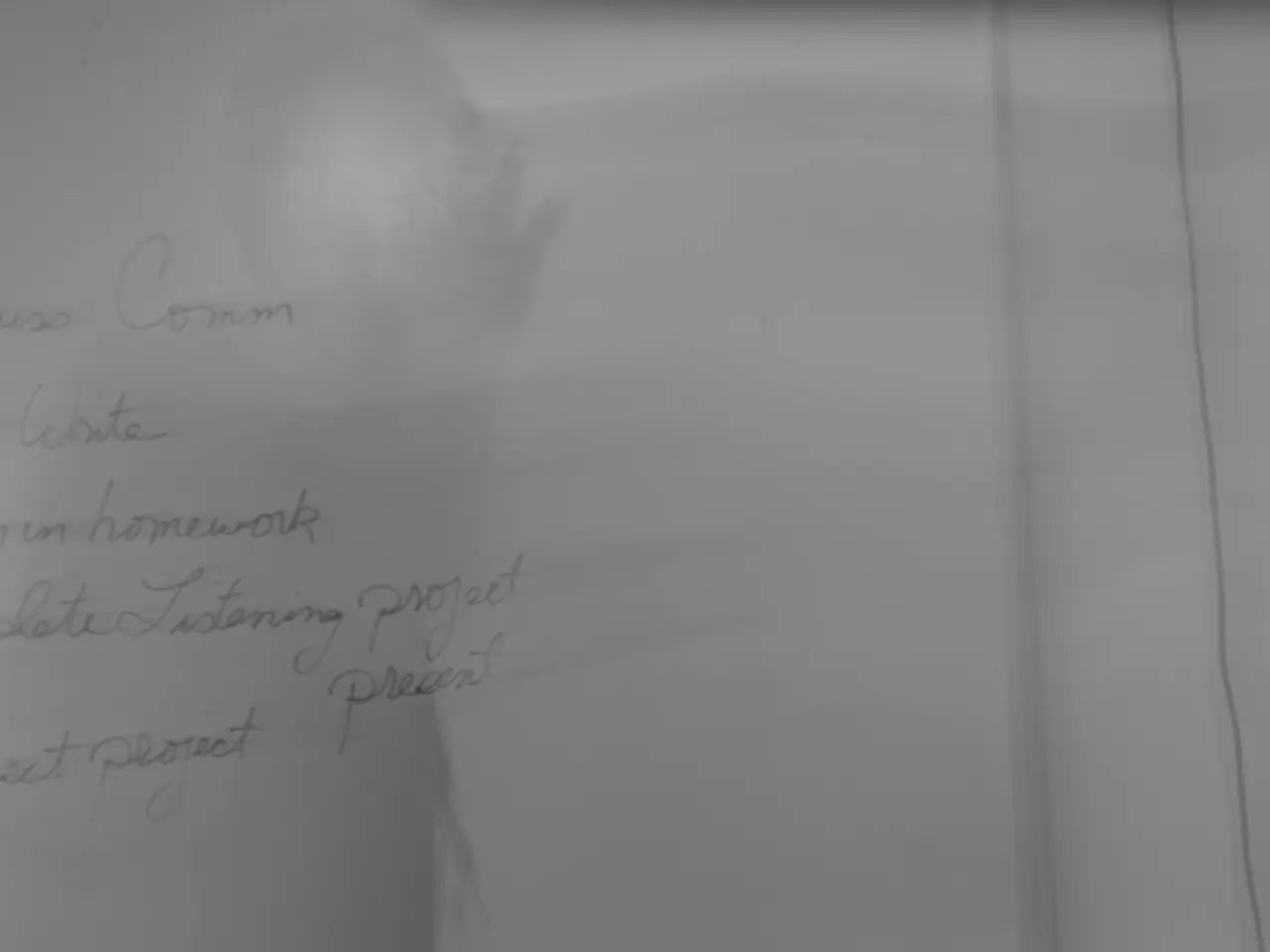Streamlined Simplification: Ditch Unwanted Obligations: Deny Participation in 3 Upcoming Tasks You'd Prefer Not To Engage In (Day 3)
In the whirlwind of life, the word "no" often carries a negative connotation. However, as we delve into the art of setting boundaries, we discover that "no" is a powerful tool for managing commitments and reclaiming control over our schedules.
Every yes to something in life means saying no to something else. This simple principle underscores the importance of being mindful about the commitments we take on. The path to a good life, as Tim Ferriss suggests, is "paved with the word no."
Today's challenge is to identify three pending commitments, obligations, or invitations and say no to them. Saying "no" can significantly reduce overwhelm and help reclaim control over commitments, conserving mental and physical energy, reducing stress, and allowing more time for rest and prioritization.
Effective strategies for saying "no" include recognizing your limits, preparing polite, clear responses, starting small, focusing on priorities, using self-compassion, avoiding over-apologizing, standing your ground, and reflecting before committing.
E.B. White, the renowned author, once declined a prestigious commission with the statement "I must decline, for secret reasons." Similarly, Sandra Day O'Connor was known for her direct refusals, not apologizing with "Sorry, I can't do that." Oliver Sacks, the celebrated neurologist, even had a sign in his office that read "NO!" to remind him to decline invitations.
The decision to agree to a commitment means saying no to an alternative use of time or energy. Yesterday's challenge revealed the clutter in people's schedules due to unthinkingly saying yes to busy-ness. Therefore, it's crucial to approach each commitment with thoughtfulness and intention.
Notable figures like Seneca, Marcus Aurelius, and Sandra Day O'Connor all understood the importance of setting boundaries. They received numerous invitations to dinner parties, extravagant gatherings, and political events, yet they often delayed their responses or declined altogether.
Ferriss' book, The No Book, emphasizes the importance of this approach. It aligns with broader habits of simplifying life to maintain mental health and productivity. No is a complete sentence, according to Sandra Day O'Connor, and it's a powerful tool for managing our commitments intentionally and sustainably.
By integrating "no" into our lives, we can expect less stress and anxiety, improved mental clarity, better sleep, and increased autonomy over our schedules. This approach promotes better mental health and allows us to focus on what truly matters. So, the next time you're faced with a commitment, remember that every "no" is also a "yes" to a more balanced, intentional, and fulfilling life.
Embracing "no" as part of your lifestyle can lead to greater personal growth and self-development. By thoughtfully considering each commitment, you're not just saying no to unnecessary obligations, but also saying yes to prioritizing your mental and physical well-being, reducing stress, and enhancing overall life balance—all crucial elements for effective education and self-development.
Adopting effective strategies for saying "no" and recognizing your limits will empower you to make intentional decisions about your commitments, paving the way for a more balanced, fulfilling lifestyle that aligns with your values and goals.




